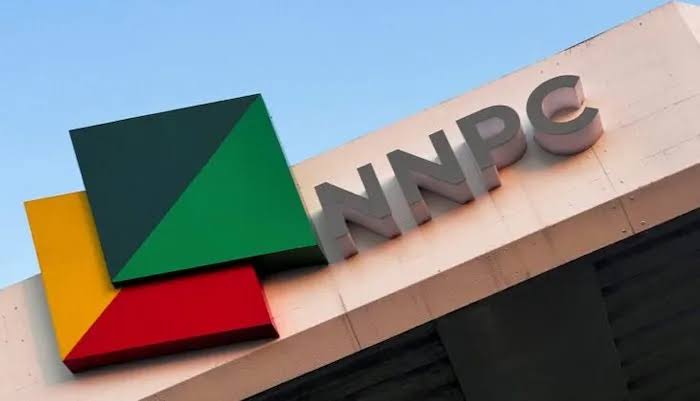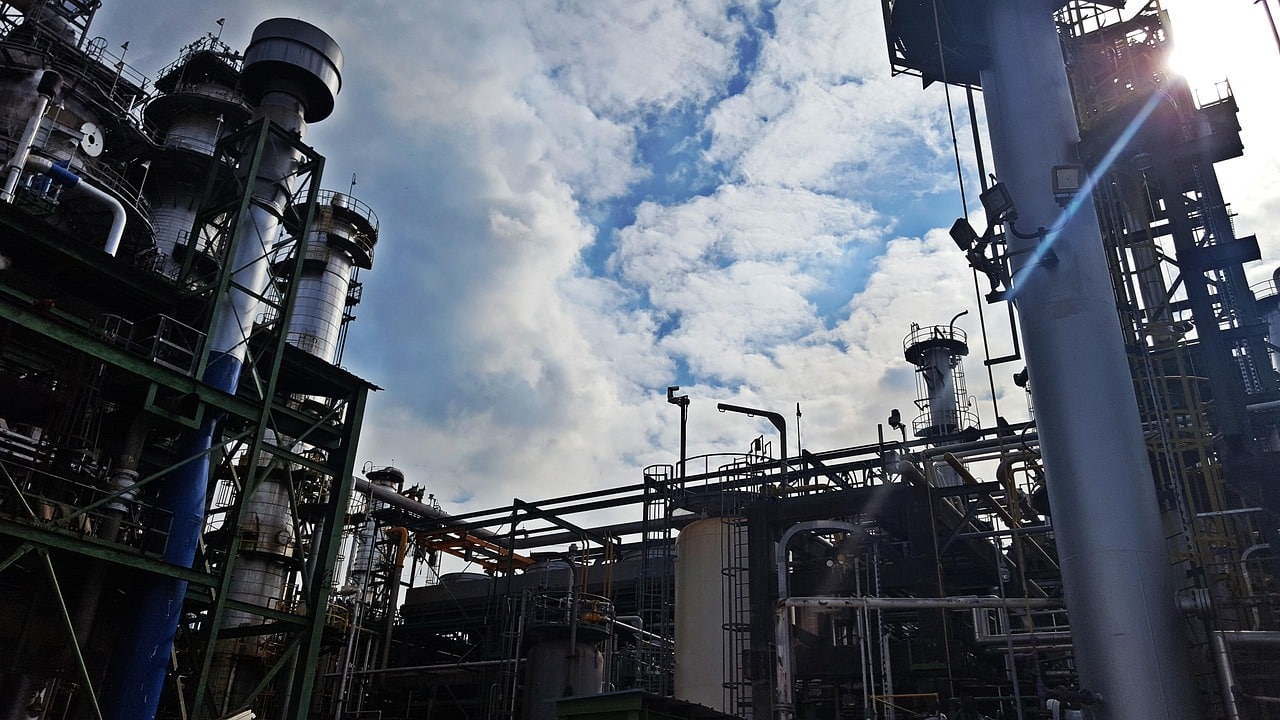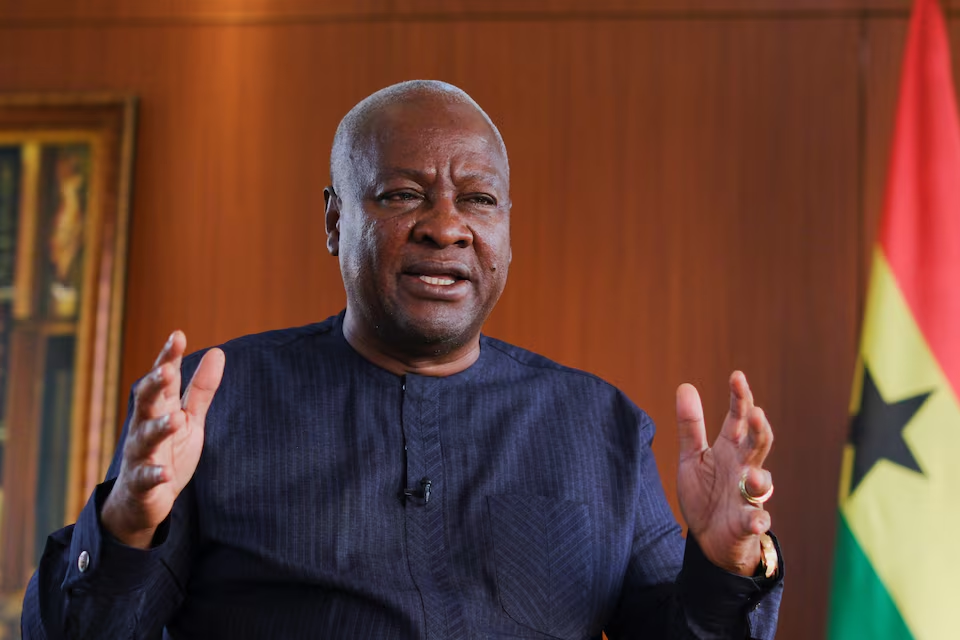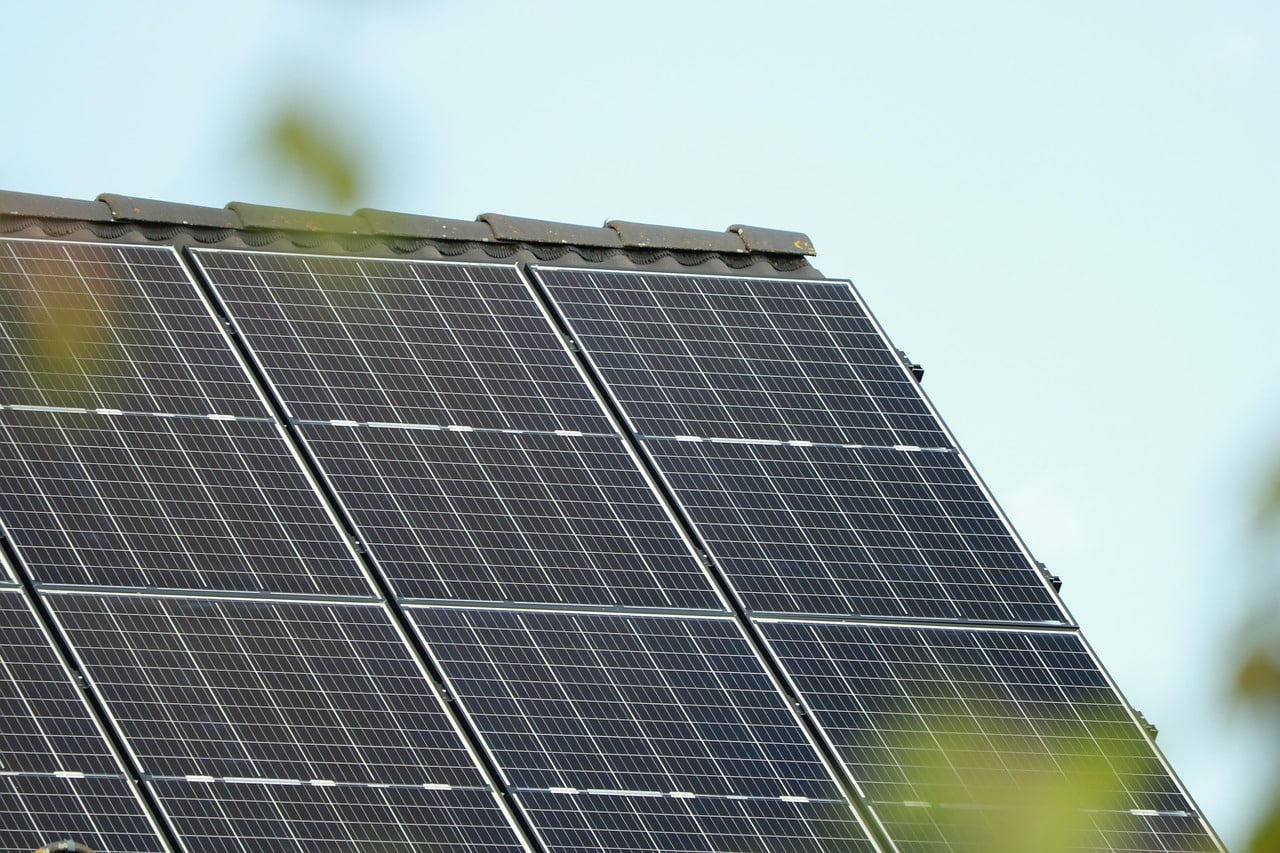In response to recent fluctuations in the global oil market, the federal government of Nigeria has confirmed the continuation of its Naira-for-Crude initiative, a policy designed to bolster economic sovereignty and stabilize the nation’s foreign exchange landscape.
This was announced Wednesday by its Federal Ministry of Finance, which emphasized that the initiative is a long-term strategic directive and not a temporary measure.
This policy mandates that transactions involving crude oil and refined petroleum products be conducted in Naira, aiming to strengthen the local currency and reduce reliance on foreign exchange in domestic petroleum dealings.
“The Crude and Refined Product Sales in Naira initiative is not a temporary or time-bound intervention, but a key policy directive designed to support sustainable local refining, bolster energy security, and reduce reliance on foreign exchange in the domestic petroleum market,” the Ministry stated.
This reaffirmation comes at a time when global crude oil prices have experienced significant declines, impacting economies heavily reliant on oil exports.
By insisting on Naira-based transactions for petroleum products, the government aims to insulate the Nigerian economy from external shocks and promote local currency stability.
However, the Petroleum Products Retail Outlets Owners Association of Nigeria (PETROAN) has urged the Ministry of State for Petroleum to conduct an appraisal of the first phase of the naira-for-crude initiative.
To assess the progress and address any implementation challenges, the Technical Sub-Committee on the Crude and Refined Product Sales in Naira initiative convened a review meeting.
The Ministry acknowledged that, as with any major policy shift, challenges may arise but assured that such issues are being actively addressed through coordinated efforts among all parties involved.
This policy aligns with the government’s broader economic reform agenda, aiming to support local content development, ease pressure on Nigeria’s foreign reserves, and provide a more predictable pricing structure for refined petroleum products in the domestic market.
The collaboration between public and private sector stakeholders reflects a unified commitment to enhancing Nigeria’s economic resilience amidst global market uncertainties.
Recall that in mid-March 2025, the Nigerian National Petroleum Company (NNPC) Ltd discontinued the naira-for-crude deal with all local refineries, raising fears of an imminent increase in the pump price of petrol.
Following the suspension of the deal, Nigeria’s biggest crude oil refinery, Dangote refinery, decided to dollarize the price of petrol at its depot, putting Nigerians’ hope of cheap fuel on hold.











